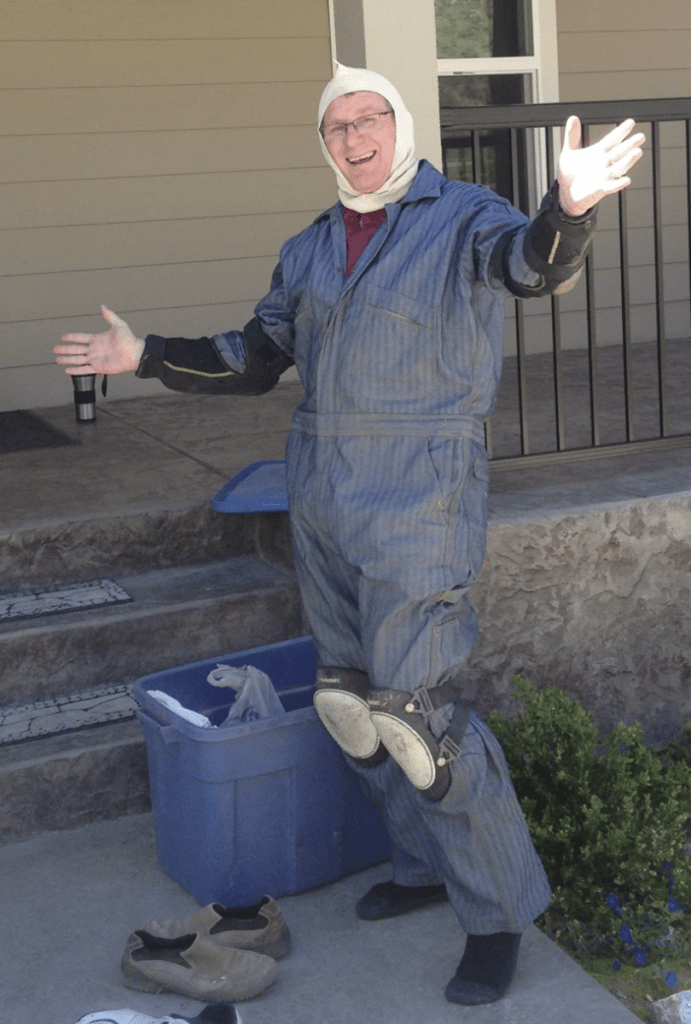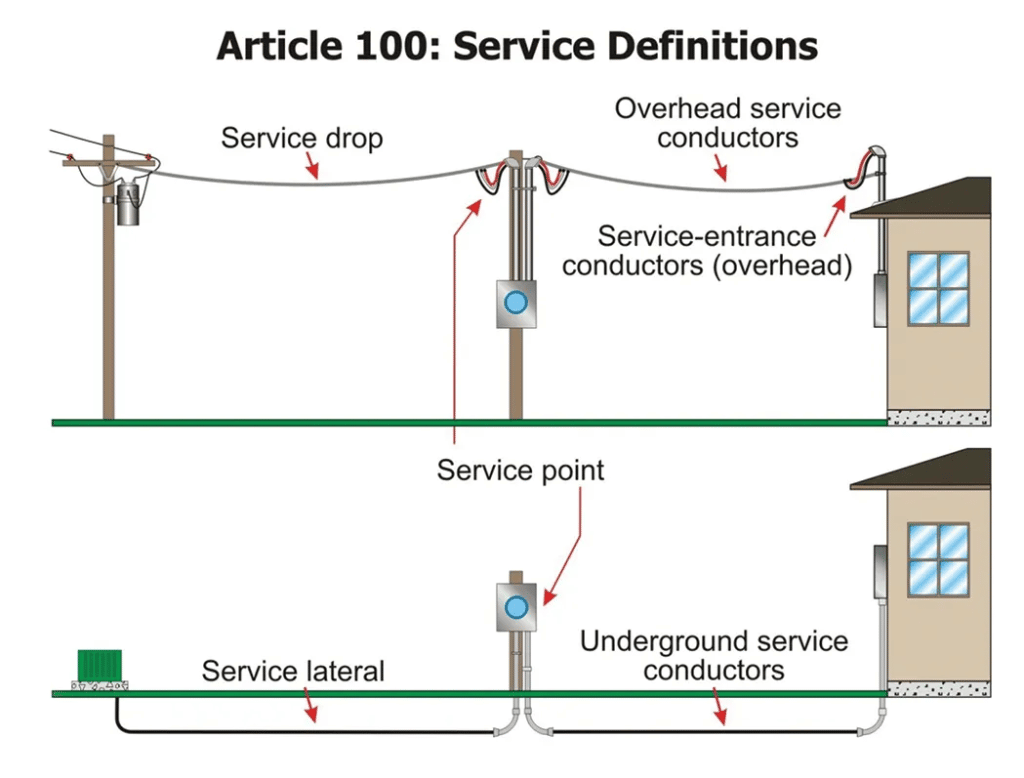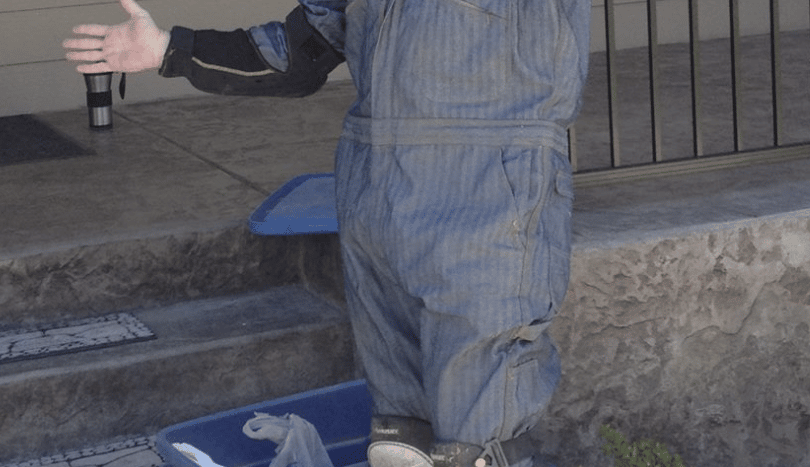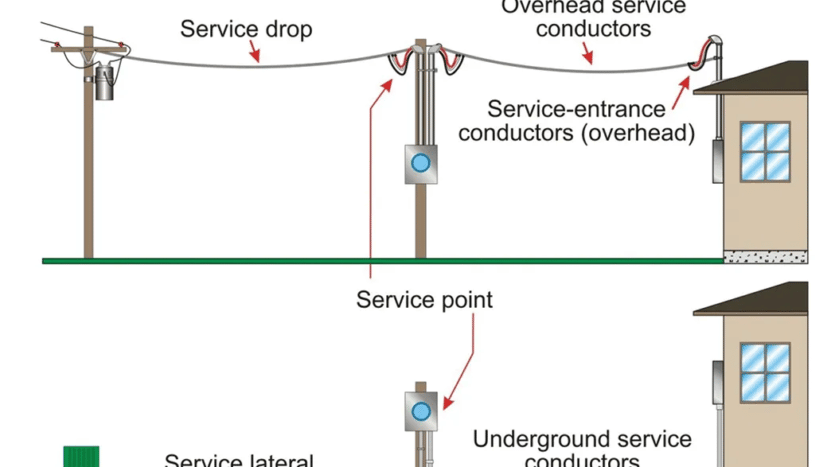Do You Need Home Inspection for Condo?
Do you need a home inspection for a condo purchase?
That’s a common question condominium buyers often ask their real estate agent.
We asked Don Hester, a veteran home inspector in the Wenatchee area for his views regarding home inspections for condo in the Wenatchee real estate market.

Is inspecting a condo the same as a home inspection?
Basically they are the same. Many of the same components that a regular single family home will be present on the condo. So depending on the size and complexity of the unit it can very much like a regular home inspection.
Now I say that with some caveats. Condos can come in many flavors. Some are stand alone single family homes that an association maintains all of the grounds and exteriors.
Some are much more like apartments where you have multiple units constructed in a large building shell.
In the world of most condos they say you are purchasing “Paint to Paint”, or as they mean the interior portion between the walls of the unit. But in reality you may also have some outside appliances such as a Heat Pump or AC unit that may be your individual responsibility.
Another thing to be aware of is that your main water and electrical shut off may be in a mechanical room or other area under control of the association. I try to find this out for my client so they can get information on access in an emergency situation.
So there are some unique aspects to inspecting a condo that differs from a stand alone single family home but 90+ percent of it is very similar.
Condo associations take care of maintenance issues. If I am buying a condominium do I really need to have a home inspection?
This is a great question, and the unequivocal answer is yes.
You will have equipment and appliances, as well as other issues such a s electrical, plumbing, HVAC and structural items that need periodic inspection and maintenance. Just like a regular home the condition and age of these areas will vary from unit to unit based on the owner’s upkeep and age of the structure.
Now I may differ in some aspects in how I handle condos, but I try to inspect all areas that may affect the unit you are purchasing. In some cases this means roofs, attics and crawlspaces if accessible from the unit. Technically you are not purchasing these areas specifically, but you want to know the condition of these areas.
You are going to be paying a monthly fee that covers the maintenance and repair of these areas as well as the overall condition of the exterior and grounds of the home condo. You want to know how your association is handling some items that may need to be addressed with the association.
How long does an inspection usually take for a condominium?
This can vary tremendously. Just like every home there can be a large variance to how long it will take based on size, age and condition.
For example a smaller unit that is on a second floor of a three story building with no attic or crawlspace may take an hour and half or so. Then I have done 4000 sq ft + condos that have taken 5- 6 hrs.
What is the most common inspection issue you see when inspecting condos in the Wenatchee area?
Believe or not, most of the issues I see are related to those items that the association controls. Typically for just general upkeep of the structures and how it has been performed. This can be painting, siding repairs or roof replacement. Then some issues can be from the original build that really never was addressed such as proper installation of wood burning devices as well as attic and crawlspace issues.
https://www.nolo.com/legal-encyclopedia/what-maintenance-repairs-i-need-pay-attention-new-condo-investment.html
What is the strangest or most unusual thing you have seen when inspecting a condo?
Strange and probably the most dangerous one was on one condo development they ran the service conductors unprotected to the Main Panels up behind the siding. Service conductors are the electrical conductors that come from the utility to the home prior to the first means of disconnect and before any over current protection.
This means if some unlucky soul happens to drive a nail or screw into the siding in that area you could actually damage the service conductors. The service conductor has no circuit breakers or overcurrent protection which means it will get all the power that the transform will give which would be a very, very bad day. If the damage shorts these conductors it will be one huge sparkfest. This could kill someone or burn the structure.
https://www.ecmweb.com/national-electrical-code/code-basics/article/20897869/electrical-services-part-2
https://www.chelanpud.org/docs/default-source/default-document-library/residential-electrical-services-handbook-2017-v2.pdf



